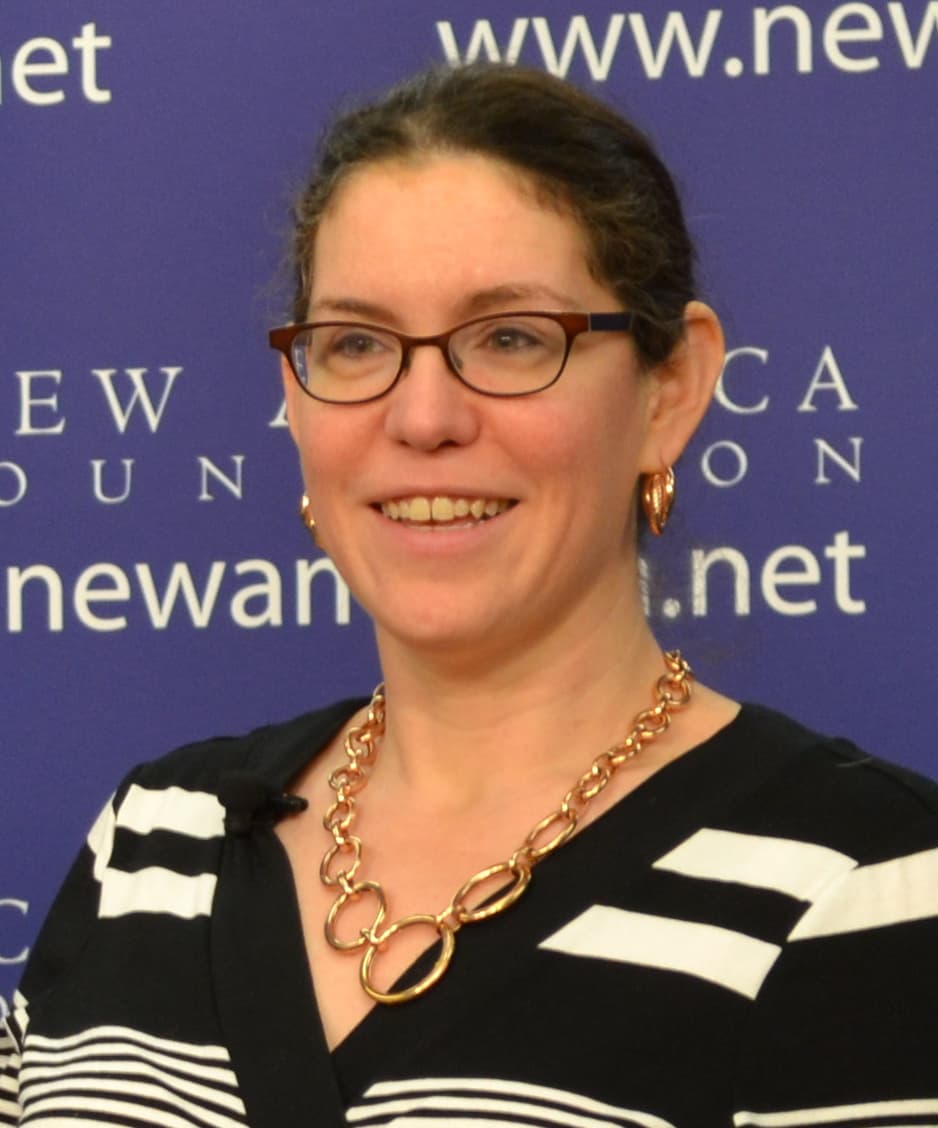Public-Private Opinion Gap Maintained by Fear of Backlash, Says Megan McArdle

Washington D.C. – A significant divergence between privately held beliefs and publicly expressed opinions, driven by fear of severe repercussions, has been highlighted by journalist and columnist Megan McArdle. In a recent social media post, McArdle observed a profound disconnect on an unspecified issue, noting that "People were terrified to be publicly critical on this issue." This sentiment points to a broader societal concern regarding open discourse.
McArdle, a columnist for The Washington Post known for her commentary on economics, business, and public policy, frequently explores themes related to free markets, individual liberty, and the challenges facing public discourse. Her analysis often delves into how societal pressures can influence individual expression and public debate. The tweet underscores a critical aspect of contemporary public life where perceived social penalties can suppress genuine viewpoints.
The phenomenon described by McArdle aligns with established theories such as the "spiral of silence," which posits that individuals are less likely to voice opinions they perceive as minority views due to fear of social isolation. Organizations like the Foundation for Individual Rights and Expression (FIRE) have also documented the "chilling effect," where fear of negative consequences like social ostracism or professional harm leads to self-censorship. This dynamic can significantly impede open discussion on contentious subjects.
According to McArdle, the substantial gap between private and public opinion was "maintained by the fear of a vicious backlash from activists for saying anything even mildly critical." She further asserted that "Nor was that fear unfounded," suggesting that the perceived threats of reprisal are legitimate. This fear of activist-driven backlash can create an environment where dissenting or nuanced perspectives are suppressed, leading to a distorted public consensus.
This self-censorship, fueled by the apprehension of activist reactions, raises concerns about the health of public debate and the ability of societies to address complex issues effectively. When individuals feel unable to express their true thoughts without facing severe social or professional penalties, it can hinder critical analysis and the development of well-rounded solutions. The implications extend to policy-making and social progress, as genuine public sentiment may remain unrepresented in public forums.